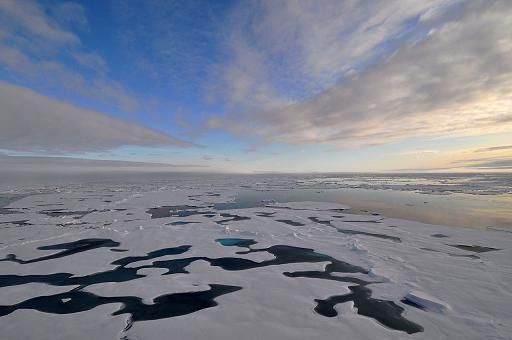U.S. approves Shell’s controversial Arctic drilling
U.S. Department of the Interior approves Shell’s plan to drill for oil in the Arctic Ocean’s Chukchi Sea in a move that will anger environmentalists and campaign groups

The U.S. Department of the Interior has approved Shell’s plan to drill for oil in the Arctic Ocean’s Chukchi Sea in a move that will anger environmentalists and campaign groups.
The Department of the Interior’s Bureau of Ocean Energy Management made the announcement on Monday and drilling is due to begin in July.
Earlier in May, Earthjustice submitted approximately 38,000 comments to the agency of behalf of environmental supporters that urged the Department of the Interior to reject Shell’s application.
According to reports, the newly approved project is bigger than any previous Shell exploration in the region and will damage habitats of whales and seals, cause significant and air pollution, and bring numerous vessels and helicopters to the area.
Analysts have also rated the risk of a damaging oil spill as high due to the adverse weather conditions in the region and inaccessibility for clean-up teams of sites in Arctic waters.
The company’s controversial, accident-filled exploration efforts in 2012 have been cited by some groups to campaign against Arctic Ocean.
The issues were highlighted this year in April when Shell’s Discoverer drillship was held in port due to pollution control failures.
Campaigners also argue that drilling for oil in the Arctic Ocean is contrary to international efforts to combat climate change and reach a global emissions reduction deal at the UN COP21 summit in Paris in December.
Erik Grafe, Earthjustice staff attorney “This decision places big oil before people, putting the Arctic’s iconic wildlife and the health of our planet on the line. The agency should not be approving such threatening plans based on a rushed and incomplete environmental and safety review. Ultimately, Arctic Ocean drilling is far too risky and undermines the administration’s efforts to address climate change and transition to a clean energy future. These fossil fuels need to remain in the ground.”


